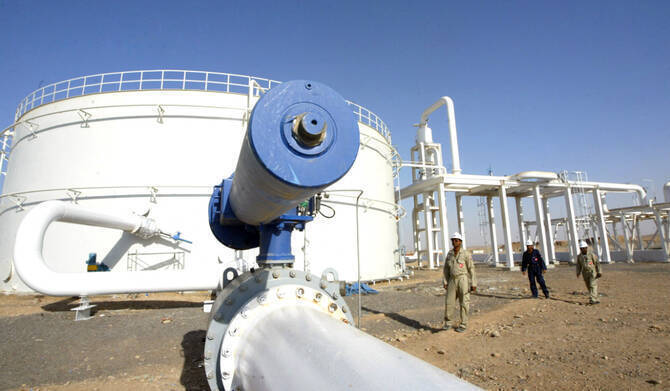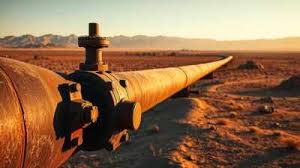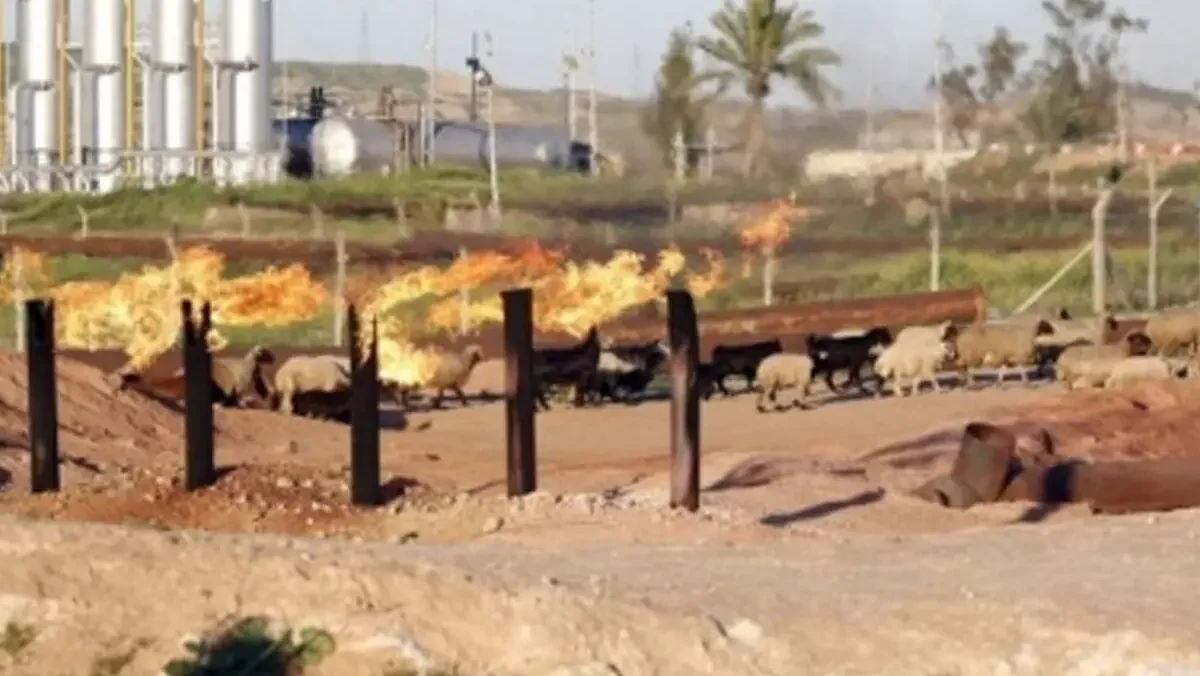In a significant development for Iraq’s energy sector, the Kurdistan Region has resumed crude oil exports after a hiatus of over two years. This pivotal move not only underscores the region’s resilience but also marks a new chapter in its economic trajectory. The resumption of oil exports is poised to invigorate the local economy, enhance Iraq’s financial stability, and foster improved relations between the Kurdistan Regional Government (KRG) and the federal government in Baghdad.
The Suspension and Its Aftermath
The cessation of oil exports from the Kurdistan Region began in March 2023 following a ruling by the International Chamber of Commerce, which found that Turkey had breached a 1973 pipeline agreement by permitting unauthorized oil exports from the Kurdish region. This decision led to the suspension of oil flows through the Kirkuk–Ceyhan pipeline, a vital artery for transporting crude oil to international markets.
The halt in exports had profound economic implications. The Kurdistan Region faced significant financial challenges, including delays in public sector salaries and a slowdown in infrastructure development projects. On a national scale, Iraq experienced a revenue loss exceeding $35 billion, highlighting the critical importance of Kurdish oil exports to the country’s economy.
The Path to Resumption
The journey toward resuming oil exports involved extensive negotiations between the KRG, the federal government in Baghdad, and international oil companies operating in the region. After more than two years of discussions, a tripartite agreement was reached, outlining the terms for the resumption of oil exports.
Under the new arrangement, the KRG agreed to deliver all crude oil produced from its fields to Iraq’s State Oil Marketing Organization (SOMO). This oil would then be exported through the Kirkuk–Ceyhan pipeline, ensuring federal oversight and compliance with Iraq’s oil export regulations. The agreement also stipulated that a portion of the revenue generated from these exports would be allocated to the KRG, providing much-needed financial support for the region.

Economic Implications
The resumption of oil exports is expected to have a transformative impact on the Kurdistan Region’s economy. With the pipeline back in operation, crude oil is flowing once again to Turkey’s Ceyhan port, marking a significant milestone in Iraq’s energy sector.
The renewed oil exports are anticipated to generate substantial revenue, which will be crucial for funding public services, infrastructure projects, and economic development initiatives in the Kurdistan Region. Additionally, the agreement with SOMO ensures that the KRG receives a fair share of the proceeds, fostering a sense of equity and cooperation between the regional and federal governments.
Regional and International Reactions
The resumption of oil exports has been met with optimism both within Iraq and internationally. In Iraq, the agreement is seen as a positive step toward resolving longstanding disputes between the KRG and the federal government. Prime Minister Shia al-Sudani described the deal as historic, emphasizing its potential to strengthen national unity and economic stability.
Internationally, the resumption of oil exports is viewed as a positive development for global energy markets. The return of Kurdish oil to the market is expected to contribute to a more stable and diversified supply of crude oil, which can help mitigate price volatility and enhance energy security.

Challenges Ahead
Despite the positive developments, challenges remain. The agreement between the KRG and the federal government is still in its early stages, and its long-term success will depend on the effective implementation of the terms outlined. Both parties will need to maintain open lines of communication and cooperation to ensure that the benefits of the agreement are fully realized.
Furthermore, the region’s oil infrastructure has faced challenges in recent years, including damage from drone attacks and the need for modernization. Addressing these issues will be crucial to maintaining a reliable and efficient oil export system.
Conclusion
The resumption of crude oil exports from the Kurdistan Region of Iraq represents a significant achievement in the country’s energy sector. It reflects the determination and resilience of the Kurdistan Region and sets the stage for a new era of economic prosperity and cooperation. While challenges remain, the path forward appears promising, with the potential for enhanced economic growth, improved regional relations, and a stronger position in the global energy market.
Do follow Gulf Magazine on Instagram.
Also Read – Iraq’s Thriving Digital Era: Embracing Technology and Innovation



